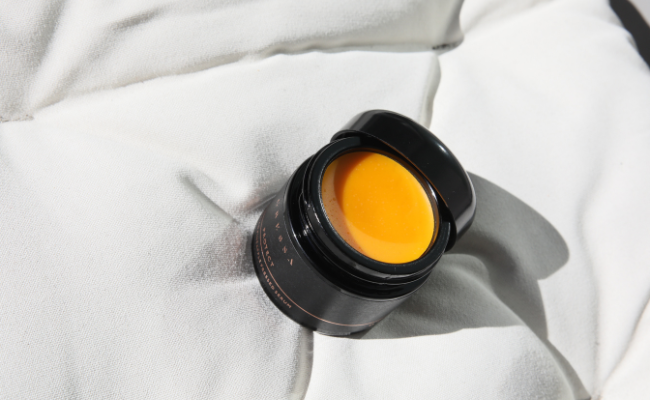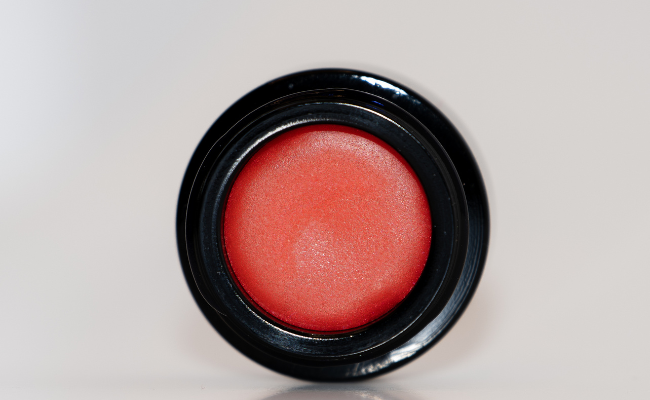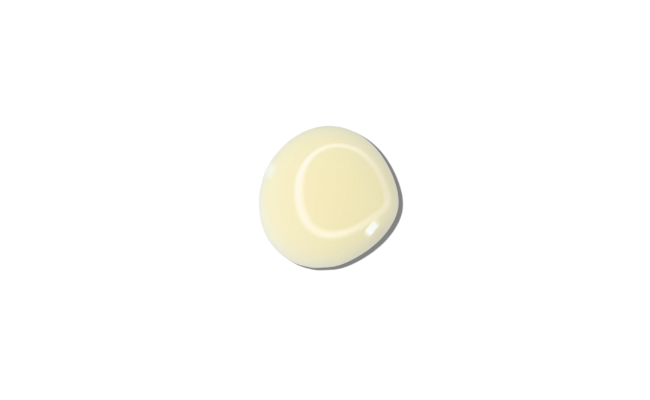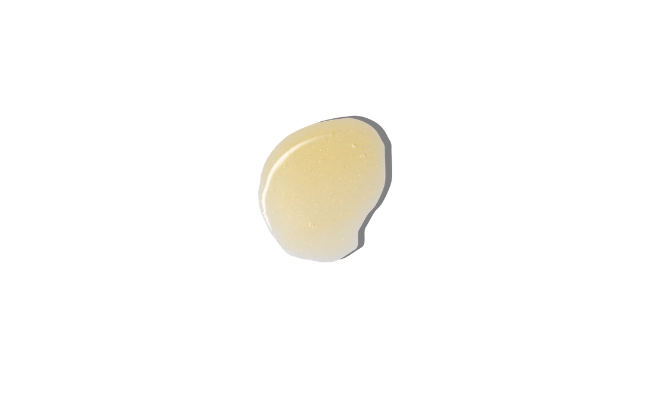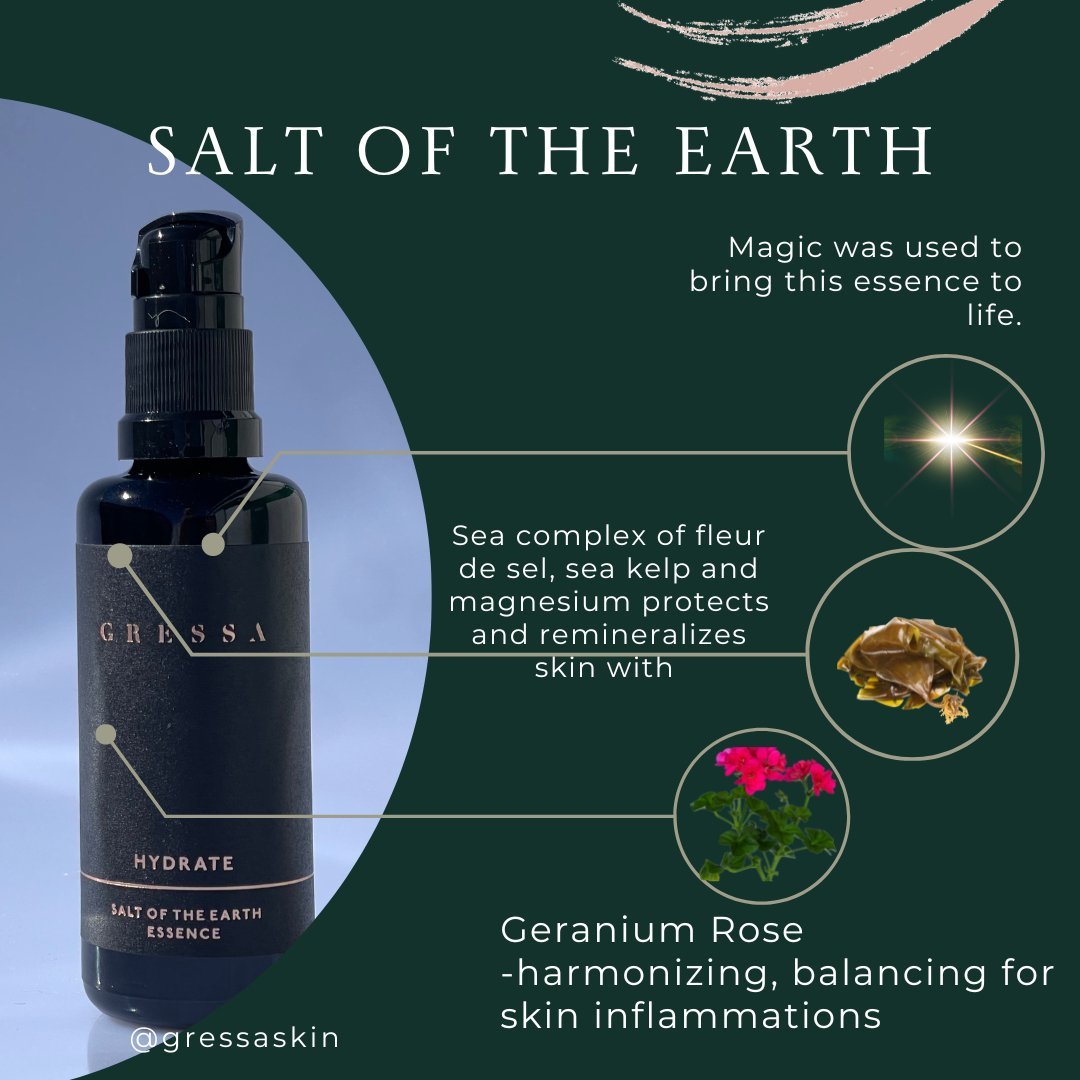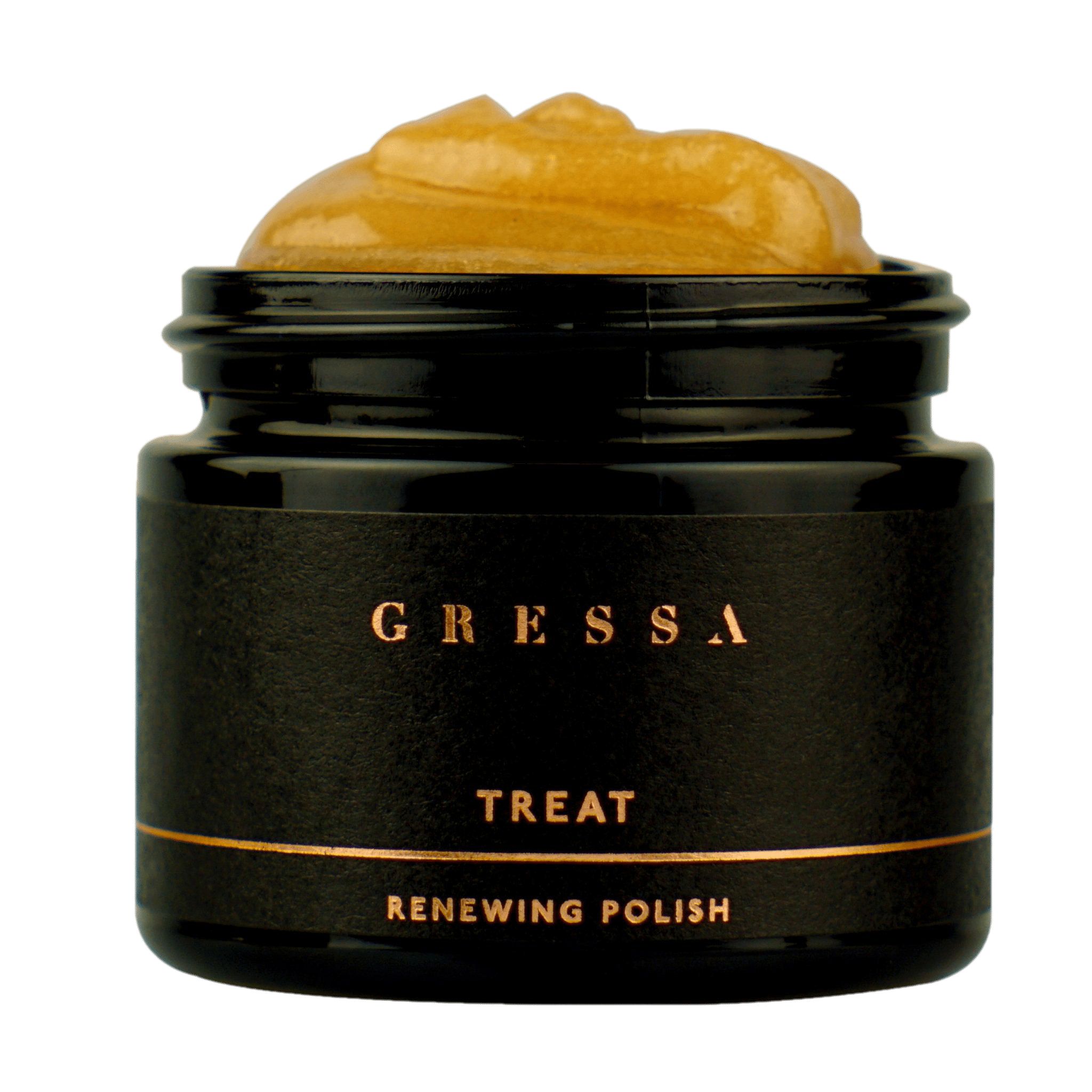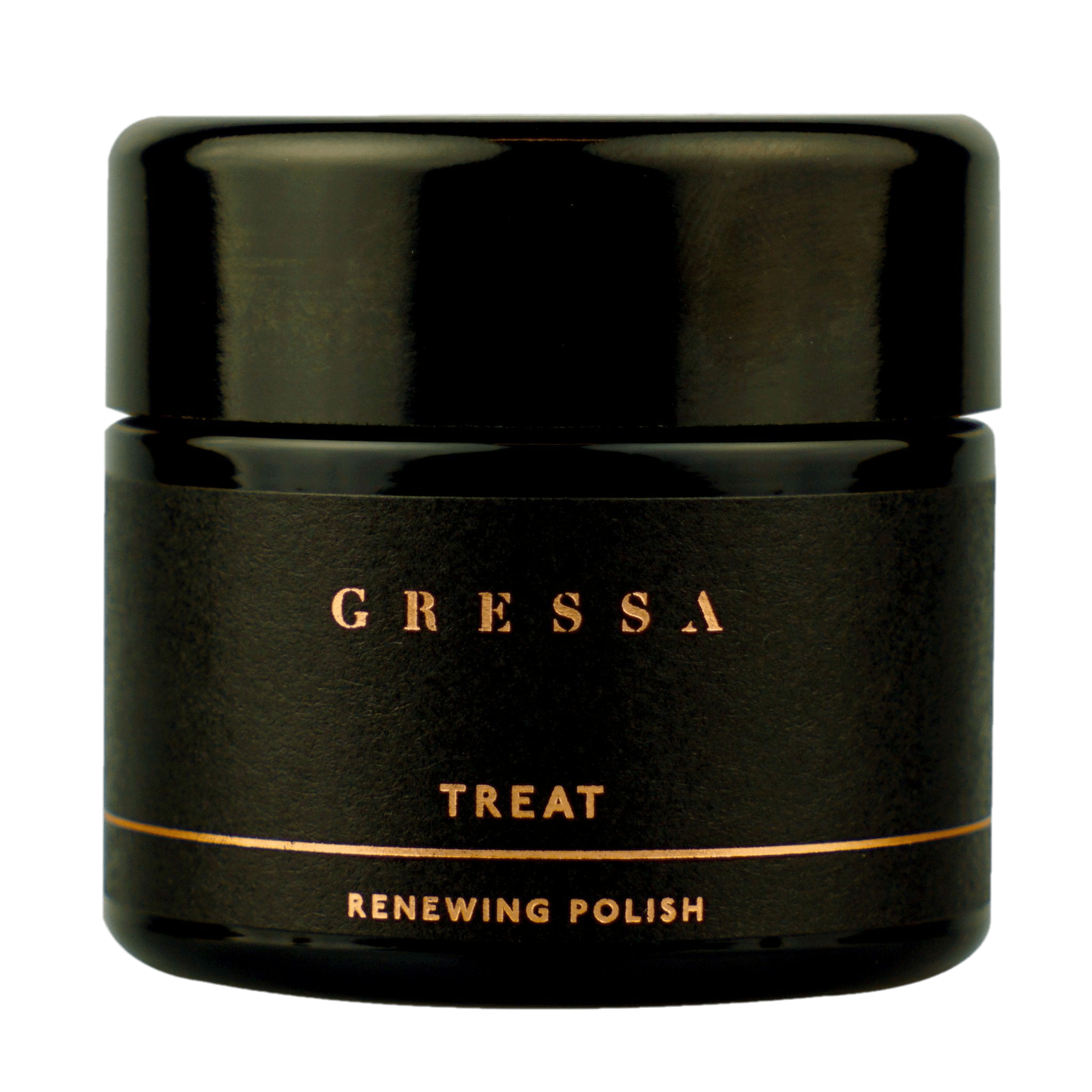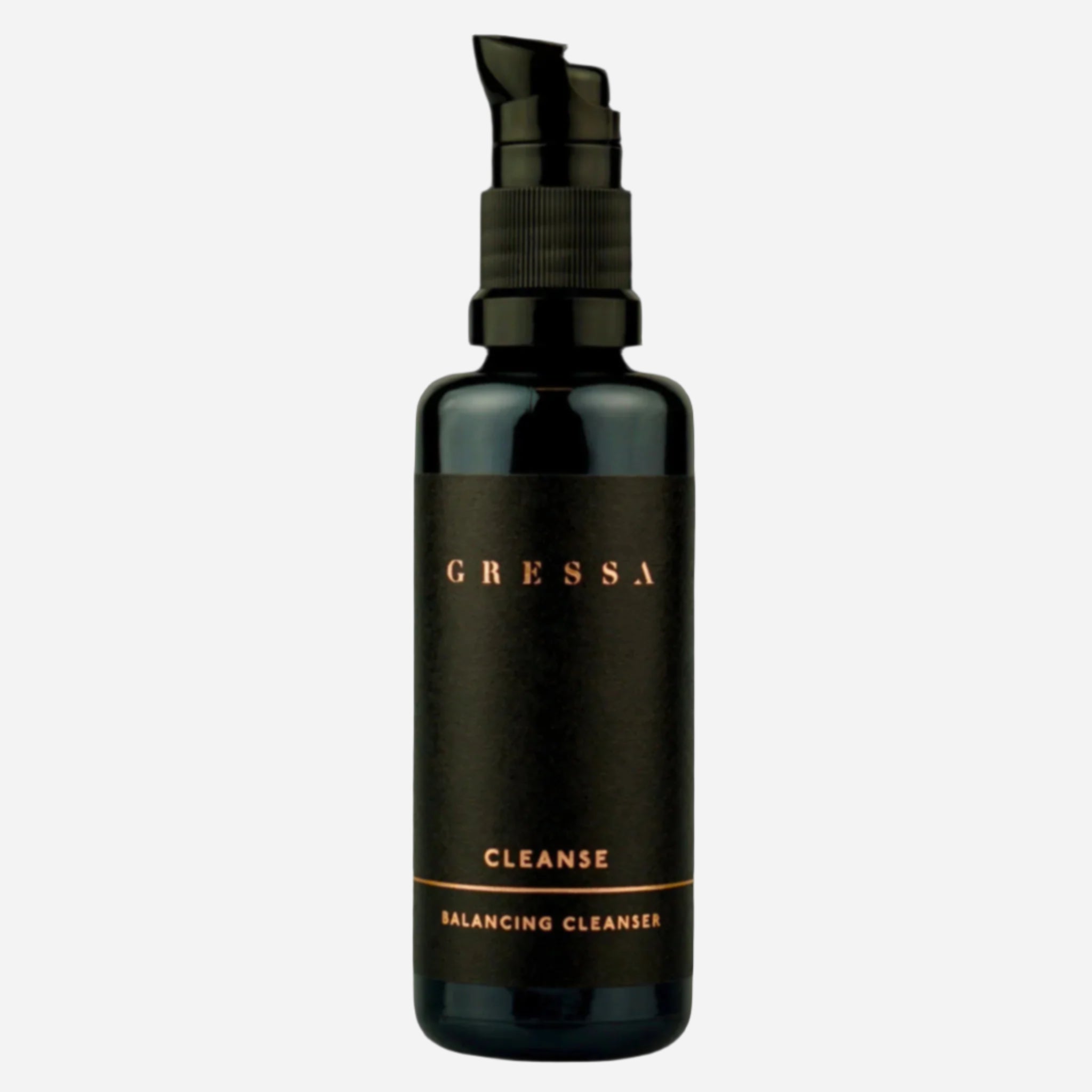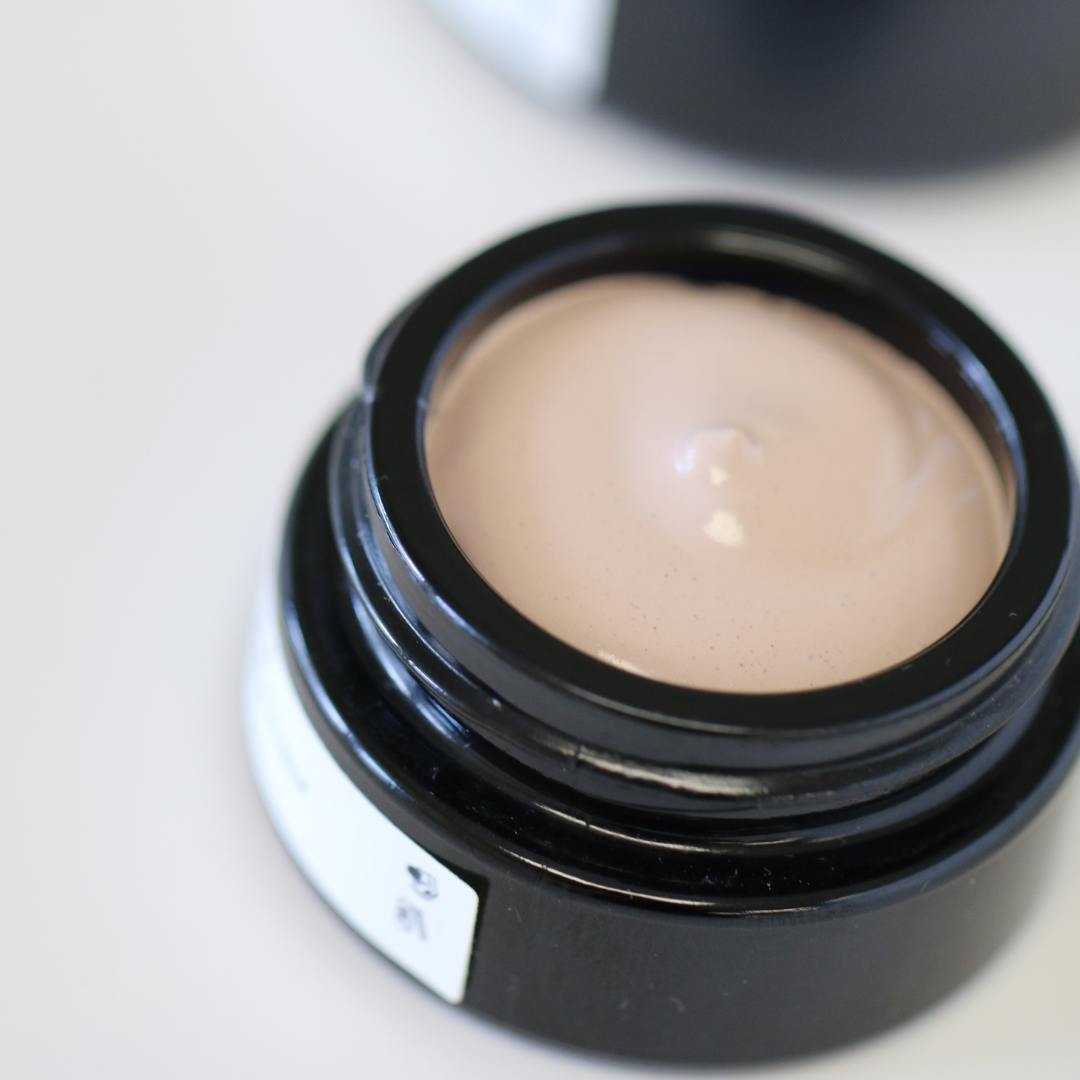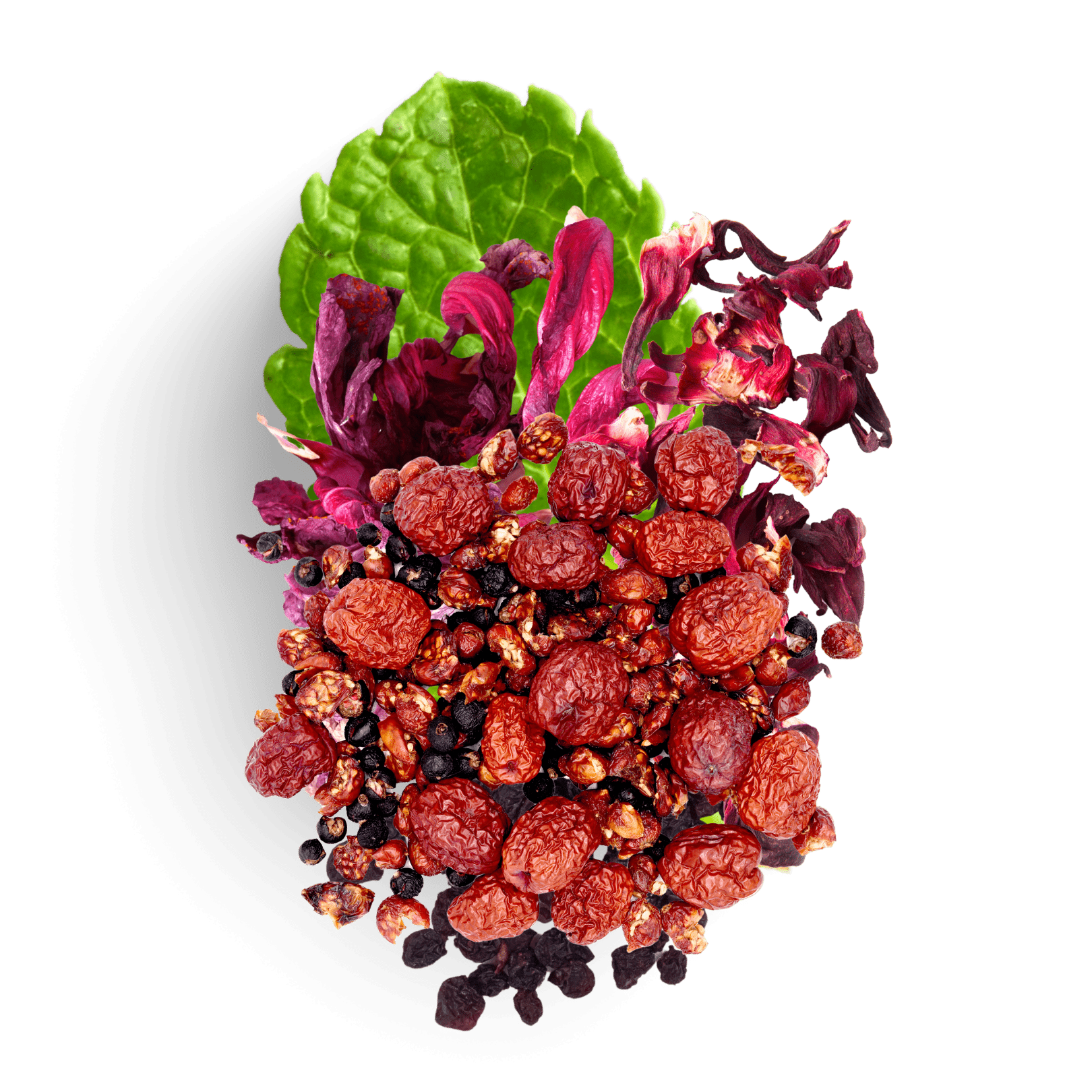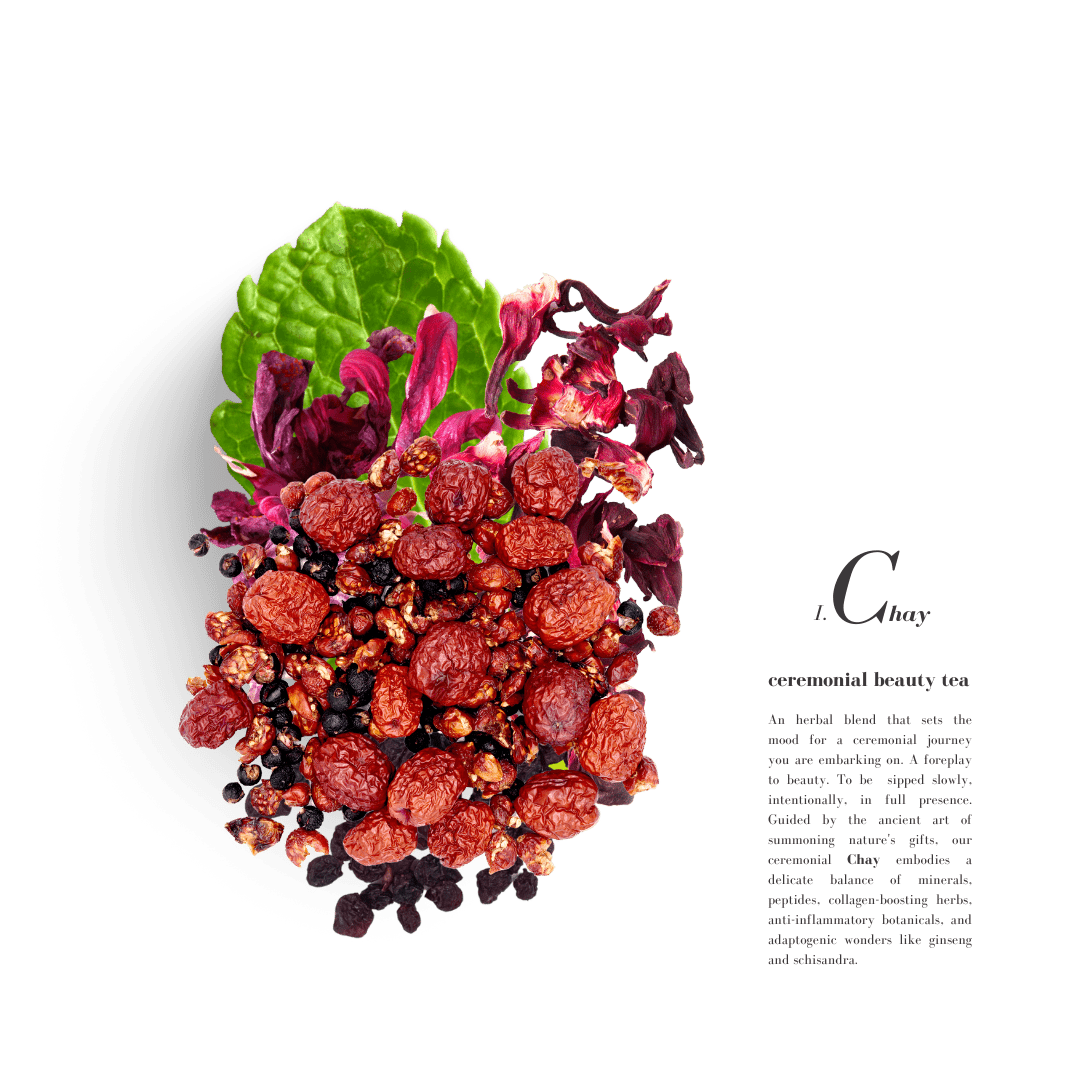MUST Read
Referenced From: Fructose Foibles by Dr Michael Colgan
I repeatedly get emails suggesting the word “fructose” on a protein shake packet, should send me running to protect myself with a garlic necklace and crucifix. Bottom line i…s; fructose (and glucose) have been part of the human diet for hundreds of thousands of years. During that time our DNA developed multiple mechanisms to use them for good health.
All fruits and berries we eat contain plentiful fructose and glucose. So do most veggies. Most also contain sucrose, which is a molecule of glucose bonded to a molecule of fructose. Sugars in fruit and veggies are biochemically bound in the tissues of the plant. They are released slowly during digestion and have no detrimental effect.
My morning protein shake is plenty sweet, but contains only 9 grams total sugars. The big Belle de Boskoop apples I can see on the tree outside my window weigh about the same as my shakes, about 10 ounces each. I have measured the sugars in them too. Each contains about 25 grams of fructose and 15 grams of glucose, 40 grams total sugars. I eat at least one every day this time of year.
If you eat fruit every day, you eat fructose and glucose. If you eat veggies every day, you eat fructose and glucose. If you do not eat fruit or veggies every day, you will suffer a lot of illness. If you one of those odd folk who seem to like being ill, then cutting all fructose and glucose from your diet will be just the ticket.
Table sugar, and synthetic sugars, especially high-fructose corn syrup (HFCS), are an entirely different story. They are mostly unbound and very quickly delivered to the bloodstream where they cause numerous detrimental effects. The HFCS that sweetens sodas is particularly bad, 108 grams in a one-liter bottle of coke.
Despite its carefully contrived name, HFCS is a near half and half mix of synthetic fructose and glucose. It does not exist in nature, and never occurred in the human diet until its invention in 1967. It is chemically synthesized in factories from cornstarch. Not surprising that our DNA dislikes it.
About 80% of all sugar in sodas, ice-cream, and baked goods is now HFCS. Recent scientific reviews link our excessive consumption of HFCS to the current epidemics of obesity, adult-onset-diabetes, and Alzheimer’s.(1-7)
Here’s the problem. During the last century or so, sugar intake in the US has increased 8-fold, from about 20 lbs to about 160 lbs per person per year. Roughly half of it is now HFCS. The fructose in our excessive HFCS consumption completely overwhelms genetic controls for fructose in the liver. It produces insulin resistance, chronically raises blood sugar levels, and prevents the body using body fat as fuel. The excess blood sugar then triggers the growth of new fat cells and gets converted into more body fat.
Because of its extreme sweetness, the fructose in HFCS extends its effects way beyond its caloric content. It damages appetite regulation in the hypothalamus of the brain, and dulls satiety controls for sweet tastes. Loss of satisfaction from HFCS then promotes further excess consumption, to such an extent that some researchers now call it an “addictive substance”.(8)
References:
1. Malik VS, et al. Intake of sugar-sweetened beverages and weight gain: a systematic review. Am J Clin Nutr. 2006 Aug;84(2):274-88. 2. Vermunt SH, et al. Effects of sugar intake on body weight: a review. Obes Rev 2003, 4:91-99. 3. Tuomilehto J, et al. Finnish Diabetes Prevention Study Group: Prevention of type 2 diabetes mellitus by changes in lifestyle among subjects with impaired glucose tolerance. N Engl J Med 2001, 344:1343-1350. 4. Knowler WC, et al. Reduction in the incidence of type 2 diabetes with lifestyle intervention or metformin. N Engl J Med 2002, 346:393-403 5. Wiebe N, et al. A systematic review on the effect of sweeteners on glycemic response and clinically relevant outcomes. BMC Medicine 2011, 9:123 doi:10.1186/1741-7015-9-123 Published: 17 November 2011. 6. Bray GA. Energy and fructose from beverages sweetened with sugar or high-fructose corn syrup pose a health risk for some people. Adv Nutr. 2013 Mar 1;4(2):220-5. doi: 10.3945/an.112.002816. 7. Stephan BC, et al. Increased fructose intake as a risk factor for dementia. J Gerontol A Biol Sci Med Sci. 2010 Aug;65(8):809-14. doi: 10.093/gerona/glq079. 8. Lustig RH. Fructose: it’s “alcohol without the buzz”. Adv Nutr. 2013 Mar 1;4(2):226-35. doi: 10.3945/an.112.002998. 9. Colgan M. Nutrition for Champions. Vancouver: Science Books, 2007.







